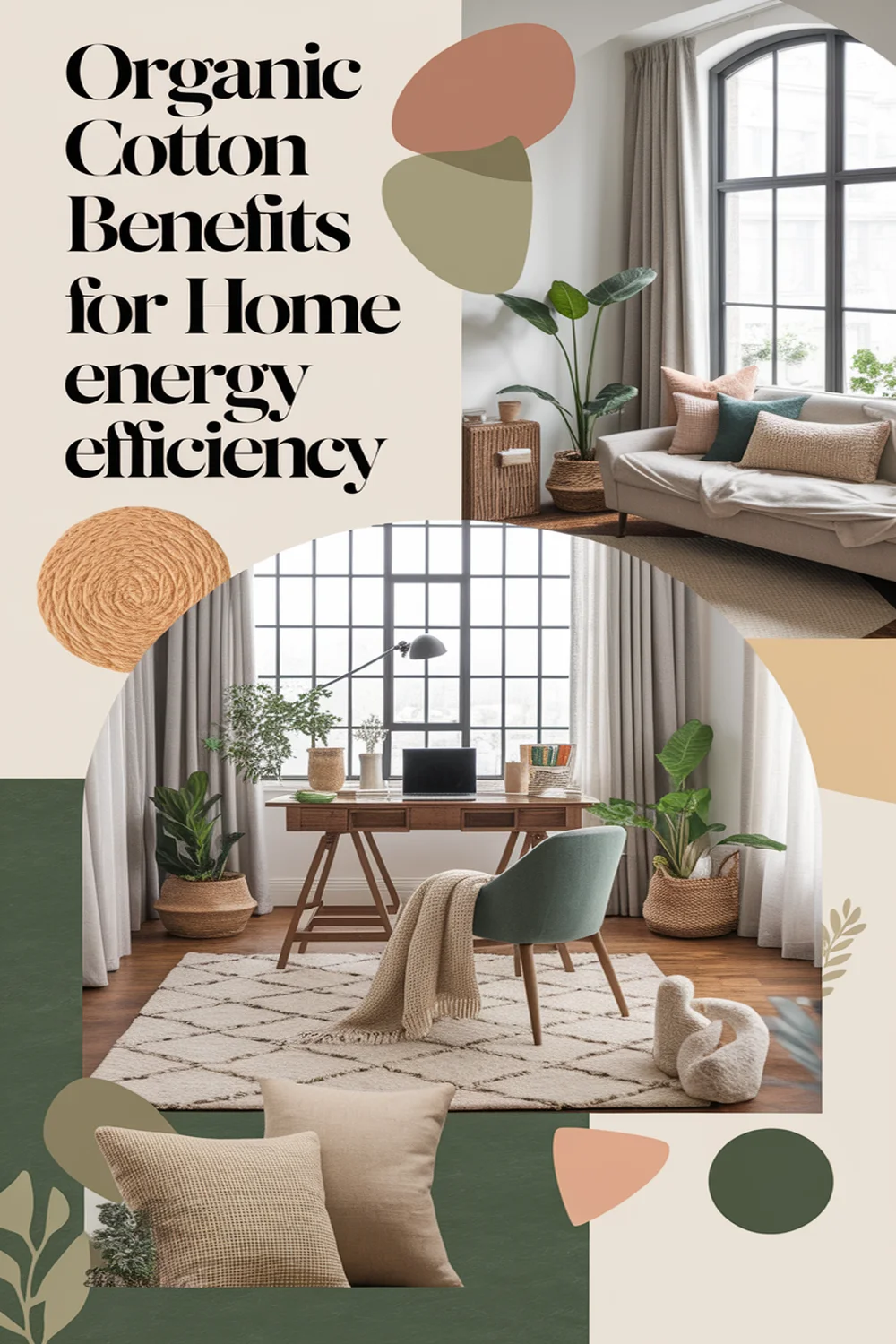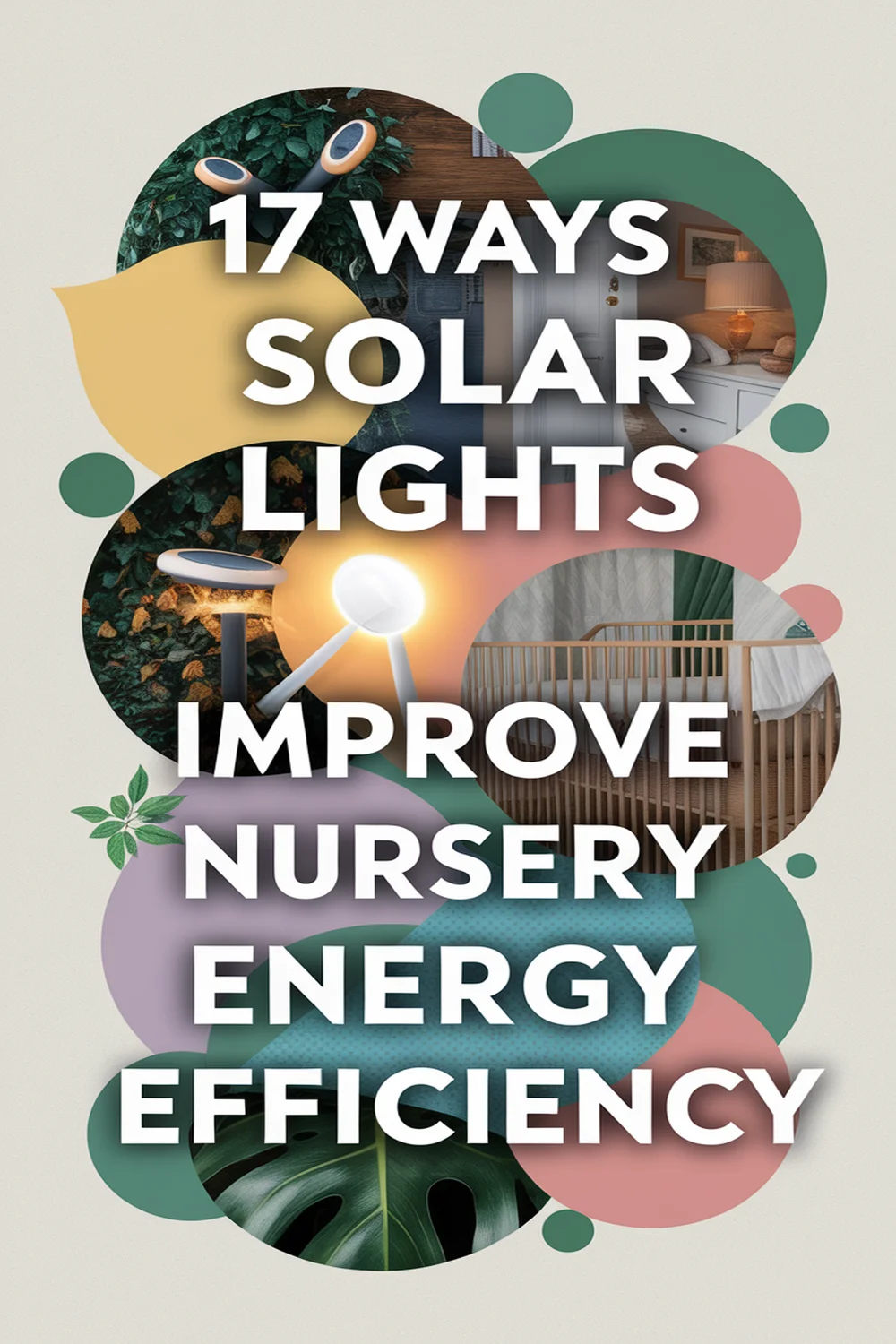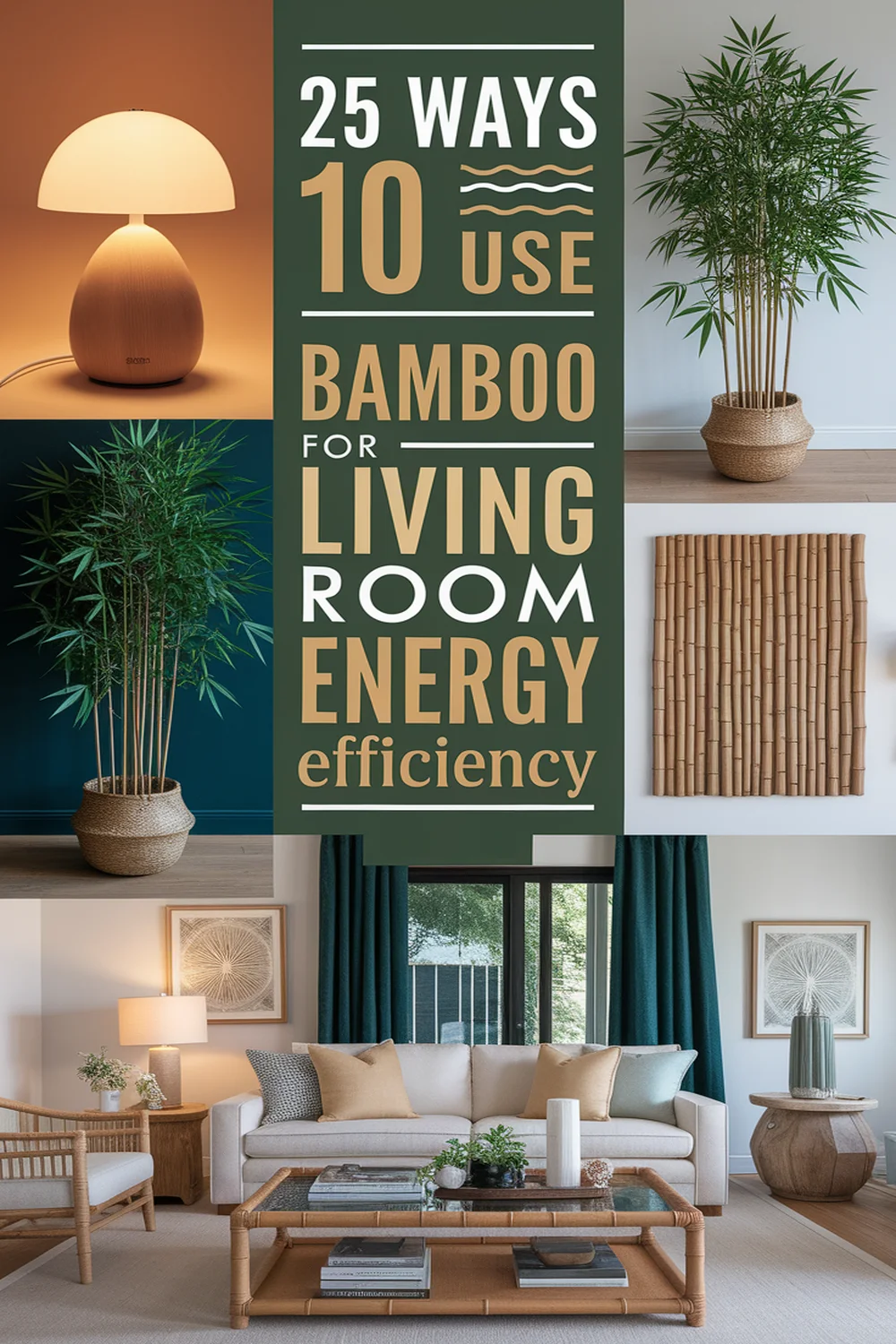This post may contain affiliate links. Please read our policy page.
Using organic cotton in my home office has greatly boosted energy efficiency. Its breathable fabric improves indoor air quality, making it easier to breathe and reducing allergens. Plus, organic cotton helps regulate temperature, minimizing reliance on HVAC systems. This not only lowers energy bills but also supports sustainable farming practices, reducing my carbon footprint. Choosing organic cotton is both a smart and eco-friendly decision that enhances my workspace’s aesthetics—there’s even more to discover about its benefits.
Improved Indoor Air Quality

When it comes to choosing materials for our homes, organic cotton stands out for its ability to improve indoor air quality. Unlike conventional cotton, which often undergoes heavy chemical treatments, organic cotton is grown without harmful pesticides and fertilizers. This makes it a healthier choice for our living spaces.
I’ve noticed that using organic cotton products, like bedding and curtains, has noticeably reduced allergens and irritants in my home. As a result, I breathe easier and feel more energized throughout the day.
Additionally, organic cotton contributes to a sustainable environment, which is a win-win for both my health and the planet. Investing in organic cotton isn’t just about comfort; it’s about creating a healthier, more inviting home environment.
Enhanced Thermal Regulation

While it may not be the first thing that comes to mind, organic cotton plays a significant role in enhanced thermal regulation within our homes.
I’ve noticed that using organic cotton materials, like curtains or upholstery, helps maintain a more stable indoor temperature. Unlike synthetic fabrics, organic cotton breathes, allowing air circulation that naturally cools or warms our spaces.
This means I can rely less on heating and cooling systems, ultimately reducing energy consumption and costs. Plus, the natural fibers provide insulation, keeping my home cozy in winter and cool in summer.
Recommended Items
Here are our recommended products and equipment to enhance your home office with organic cotton—feel free to explore!
Natural Moisture Management

Organic cotton excels in natural moisture management, making it a remarkable choice for those seeking comfort in their living spaces.
I’ve found that using organic cotton products helps create a more pleasant environment, especially in my home office. This material doesn’t just absorb moisture; it also wicks it away, ensuring I stay dry and comfortable throughout the day.
- Regulates humidity levels effectively
- Reduces the risk of mold and mildew
- Enhances overall comfort during varying temperatures
- Promotes a healthier indoor air quality
Reduced Carbon Footprint

The environmental benefits of organic cotton extend beyond comfort and moisture management; they also play a significant role in reducing carbon footprints.
When I choose organic cotton products for my home office, I’m supporting farming practices that avoid synthetic pesticides and fertilizers, which are major contributors to greenhouse gas emissions.
Organic farming focuses on crop rotation and natural composting, enhancing soil health and sequestering carbon. Plus, the energy used in processing organic cotton is often lower than that of conventional cotton.
By opting for organic cotton, I’m not just improving my workspace; I’m actively reducing my impact on the planet.
It’s a simple yet powerful choice that aligns with my values and commitment to sustainability, making every day in my home office a bit greener.
Biodegradability and Sustainability

Choosing organic cotton not only enhances comfort but also aligns with my values of sustainability due to its inherent biodegradability.
Choosing organic cotton enhances comfort while reflecting my commitment to sustainability and its natural biodegradability.
Unlike conventional cotton, organic cotton breaks down naturally, reducing landfill waste and contributing to a healthier planet. This eco-friendly choice supports sustainable farming practices that benefit both the environment and local communities.
Here are some key benefits of organic cotton’s biodegradability:
- Reduces environmental impact by decomposing naturally.
- Supports soil health through sustainable cultivation methods.
- Minimizes waste in landfills, encouraging a circular economy.
- Promotes biodiversity by using fewer harmful chemicals.
Healthier Workspace Aesthetics

A workspace infused with natural elements can greatly enhance both aesthetics and well-being. When I switched to organic cotton decor, I noticed an immediate difference in my environment.
The soft, earthy tones create a calming atmosphere that encourages productivity and reduces stress. Unlike synthetic materials, organic cotton has a natural texture that feels inviting and warm, making my workspace more enjoyable.
Additionally, the absence of harmful chemicals in organic cotton means I can breathe easier, fostering a healthier environment. This shift not only beautifies my office but also promotes wellness.
Step-by-Step Guide to Organic Cotton Decor
Energy Savings From Reduced Heating and Cooling Needs

While many might overlook the impact of decor on energy consumption, I’ve found that incorporating organic cotton into my workspace can lead to significant savings on heating and cooling.
Organic cotton fabrics offer superior insulation properties, which helps maintain a consistent temperature.
Here are some key benefits I’ve noticed:
- Thermal Regulation: Organic cotton naturally regulates temperature, reducing the need for heating or cooling.
- Breathability: The fabric’s breathability keeps the space comfortable, even in extreme weather.
- Energy Efficiency: Less reliance on HVAC systems translates to lower energy bills.
- Sustainability: By choosing organic, I’m supporting practices that limit environmental impact.
Support for Ethical Farming Practices

Incorporating organic cotton into my workspace not only enhances energy efficiency but also reinforces my commitment to ethical farming practices. By choosing organic cotton, I support farmers who prioritize sustainable methods, eschewing harmful pesticides and fertilizers. This decision promotes biodiversity and protects local ecosystems, positively impacting communities.
Here’s a quick comparison that highlights the benefits:
| Aspect | Organic Cotton | Conventional Cotton |
|---|---|---|
| Farming Practices | Ethical, Sustainable | Often Chemical-Heavy |
| Environmental Impact | Low Pollution | High Pollution |
| Worker Welfare | Fair Labor Standards | Often Exploitative |
In essence, my choice not only improves my home office but also aligns with values that promote a healthier planet and fair treatment for all involved in the cotton supply chain.









